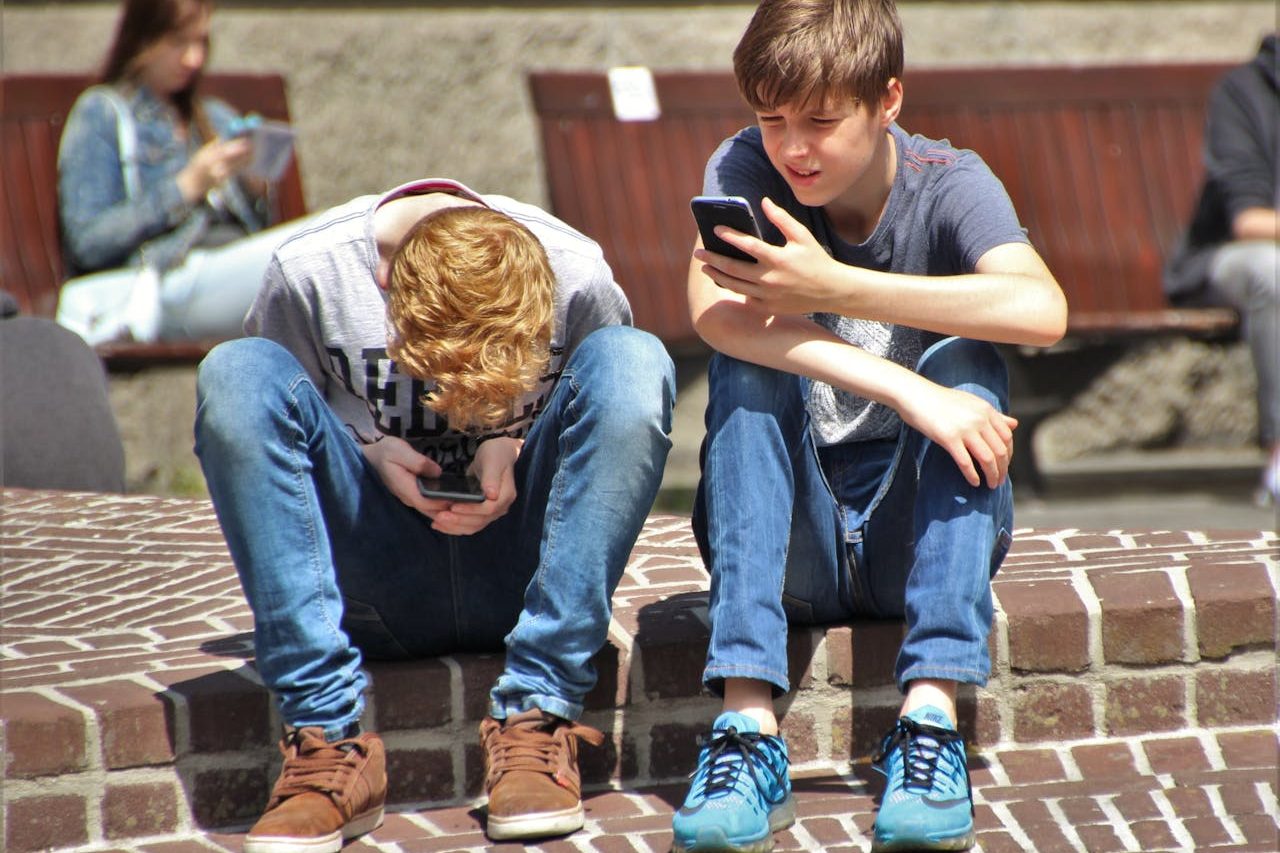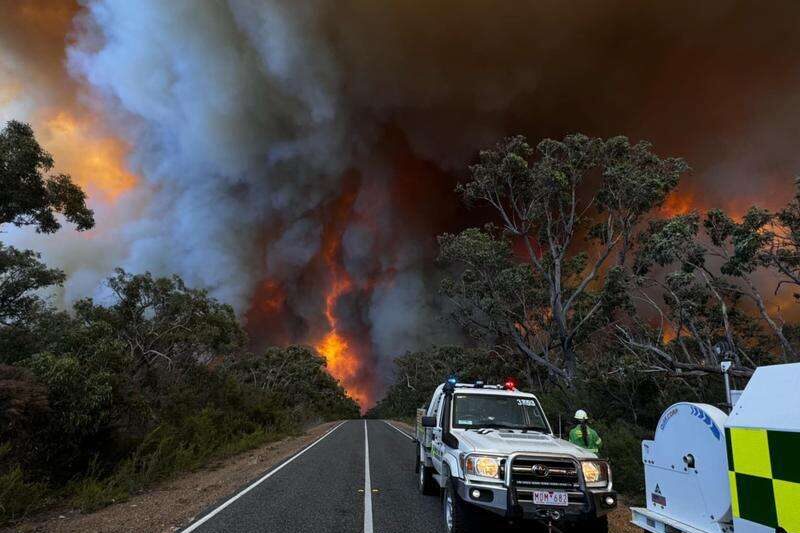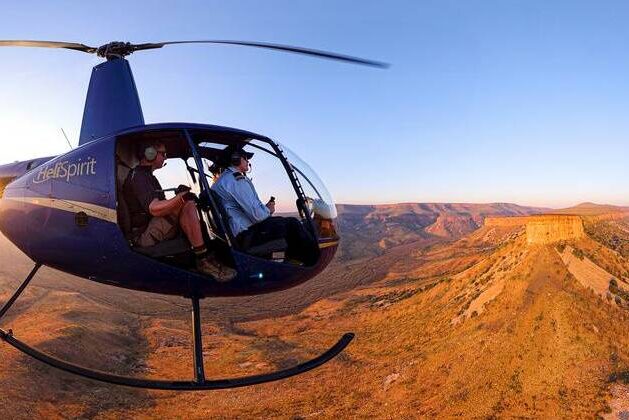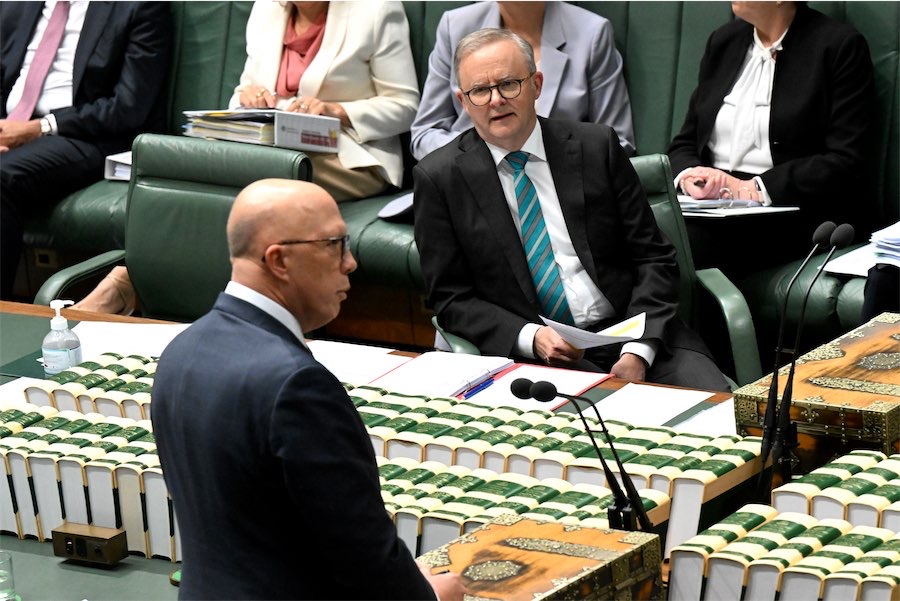
By Andrew Brown and Alex Mitchell in Canberra
A looming social media ban for children younger than 16 would not isolate young people online but would protect them, an inquiry has been told
As the federal government seeks to legislate the ban by the end of the week, the proposal has attracted criticism it was being rushed through parliament before it had a chance to be scrutinised properly.
The ban would set a new community standard for keeping children safe, Communications Minister Michelle Rowland said.
“This bill is about supporting parents and protecting children, and it’s about making sure children have a childhood and parents have peace of mind,” she told parliament on Monday.
“It also centres on the principle of protecting young people, not isolating them.
“Social media in its current form is not a safe product for them. Access to social media does not have to be the defining feature of growing up.”
Mental health experts clashed in a fiery parliamentary hearing examining the laws which would bar children younger than 16 using Facebook, X, Instagram and TikTok.
The world-first ban is supported by both Australia’s major parties.
But parties were given only 24 hours to make written submissions to the inquiry before Monday’s hearings.
Greens senator Sarah Hanson-Young labelled the timeframe “inadequate” and a “joke”, grilling department officials on why the laws weren’t being considered in the context of a wider review of the online space.
A review of the Online Safety Act was given to the communications minister in November, but has not been tabled.
“This is why this is such a joke, a piece of legislation is being rammed through that relates directly to the issues that were raised in this review …. you’re asking us to ram through a piece of legislation without any evidence,” Senator Hanson-Young said.
The Digital Industry Group’s Jennifer Duxbury agreed and described the bill as “flawed”.
“There is a lot of work going on here, and parliament needs to have the opportunity to actually look at how all of these different pieces of the puzzle fit together before making a judgement on this bill,” she said.
“At the moment it is really a tin with a label on it, with all of the details to be worked out further down the track.”
Human rights groups have argued the one-day window for submissions was not a true consultation period.
A panel of experts disagreed on the effectiveness of a ban, with Murdoch Children’s Research Institute’s Susan Sawyer suggesting harm caused online had been exaggerated.
“The evidence that we have in terms of the scale of the problem is that it’s not nearly as great as what many people would believe,” she told parliament.
Liberal senator Maria Kovacic described Professor Sawyer’s comments as “disturbing” and accused her of minimising harms found online.
The laws will come into effect a year from when they pass parliament.
Ms Rowland said online services for messaging, games, education and helplines would still be accessible to young people.
Much of the debate at the inquiry centred on how social media can be used as a mental health support network.
Headspace’s Nicola Palfrey, who acknowledged the internet contained much distressing material, said her organisation was concerned by the ban because it would stop young people from learning how to access mental health support.
“(Kids are) seeking out information with regards to mental health and wellbeing, and definitely with regards to connection, particularly for those young people that were at risk of being disenfranchised,” she told parliament.
Who can be trusted?
In a world of spin and confusion, there’s never been a more important time to support independent journalism in Canberra.
If you trust our work online and want to enforce the power of independent voices, I invite you to make a small contribution.
Every dollar of support is invested back into our journalism to help keep citynews.com.au strong and free.
Thank you,
Ian Meikle, editor





Leave a Reply